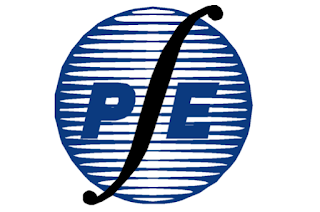Through the past few months, writing and reading blog posts written about different topics within the engineering community, it’s easy to learn about the different disciplines within the engineering field. Many important things such as; a typical day an engineer would experience, what to expect when landing a job within an engineer career, and many other factors that are important for an aspiring engineer to know about. This blog project has given us the opportunity to expand our knowledge and insight on the world of engineering as a whole. It has better prepared us for our futures that extends past graduation. Not only was the positive impacts engineers have on the world shown but the negatives were as well, giving us a genuine understanding of engineering as a whole.
Engineering itself is very essential in our daily lives. Without engineers’ help, we would not have been able to do a variety of things, such as, managing the world’s resources, controlling pollution and seeking for the solutions to prevent environmental problems. To be specific, mechanical engineers invented the cell-phone which is the most essential device that humans use today. Environmental engineers have devised a solution to dispose of wastes in better and cleaner ways. There are many more examples from different fields of engineers. If it were not for their effort, we would not have had a chance to live in a better world.
Further, various types of engineers focus on their own field to make a great contribution to improve the quality of our daily lives For instance, chemical engineers improves the techniques of producing fertilizers to increase the quantity and quality of food. Environmental engineers clean the oil spills, develop ways to purify water, regulate the waste disposal, and find efficient energies. Civil Engineers create the basis of the world’s infrastructure. They make cities operate at higher efficiency and grow and prosper through road and building improvements.
Just like any profession, engineers make mistakes too. A lot of the time, an engineer’s mistake can have very intense effects; these effects differ depending on the type of field. Chemical engineers can damage the environment with harmful chemicals, especially when they are disposed of improperly. The energy sources used by chemical engineers are usually non-renewable, therefore damaging the environment further. Chemical engineers are also responsible for creating nuclear weapons, used for mass destruction. Environmental engineers make mistakes that can harm people and the environment. Miscalculating water purification can make civilians sick like in the case of the Flint Water Crisis. Poor waste distribution control can heavily damage the environment, along with other cases of poor control over pollution.
With any career or discipline, comes many advantages as well as disadvantages that can play a huge role in the world’s efficiency and health. The world will always need engineers. They provide the world’s infrastructure as well as expanding its technological and chemical pursuits. In these pursuits, engineers will come across certain challenges and risks that they will have to adapt to in effort to finish the current project they are working on.





